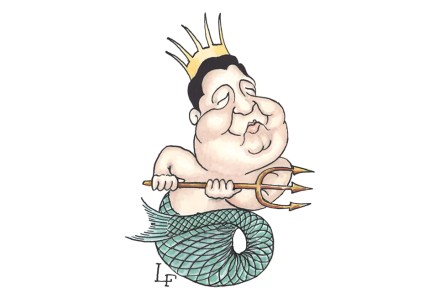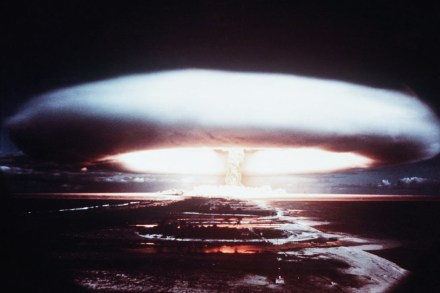Will China soon rule the waves?
On Sunday morning, a communications cable between Sweden and Lithuania was damaged, almost certainly deliberately. Just hours later, the C-Lion cable, the only data link between Finland and central Europe, was severed by what authorities have diplomatically called an ‘external impact’. Most would call it sabotage. In a week where the Biden administration finally gave Kyiv authorisation to use longer-range missiles against targets in Russia, few should think it is a coincidence. Sir Walter Raleigh said that ‘whoever commands the sea commands the trade’ and that ‘whoever commands the trade of the world commands the riches of the world – and consequently the world itself’. To understand how the English





















